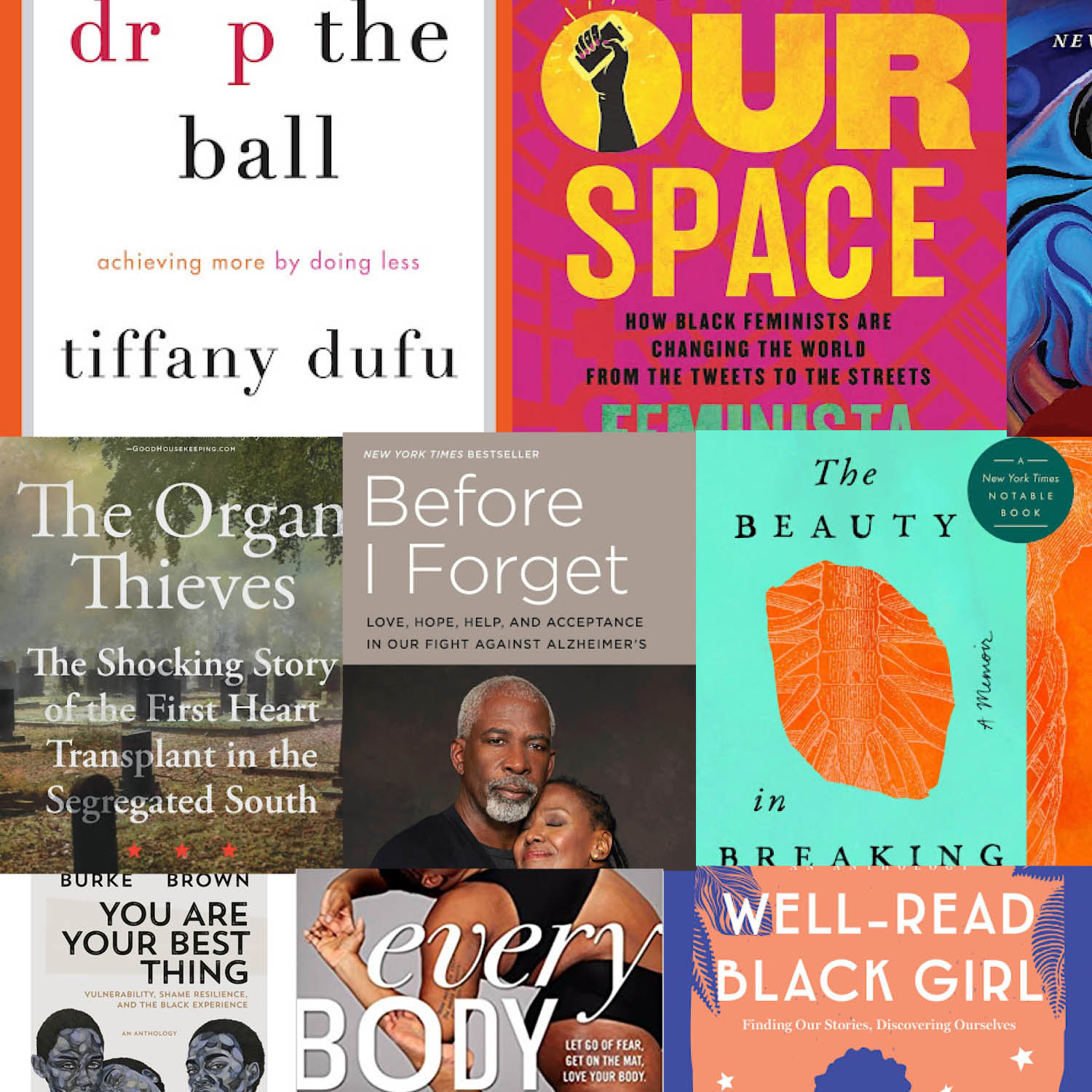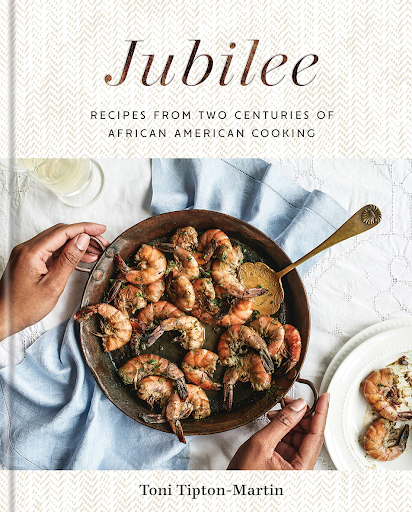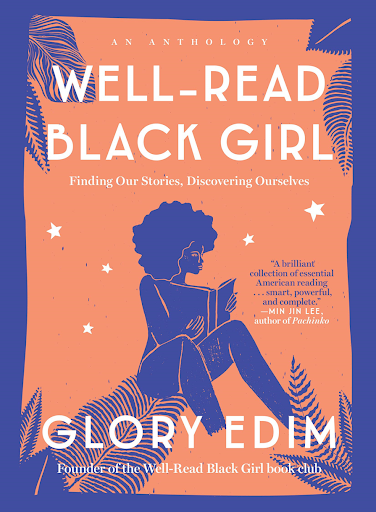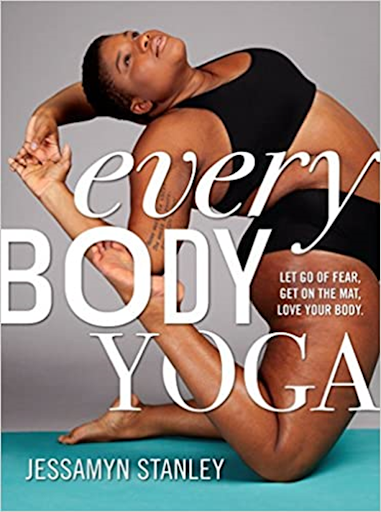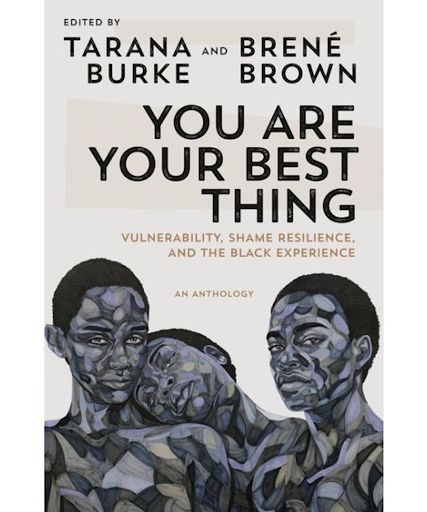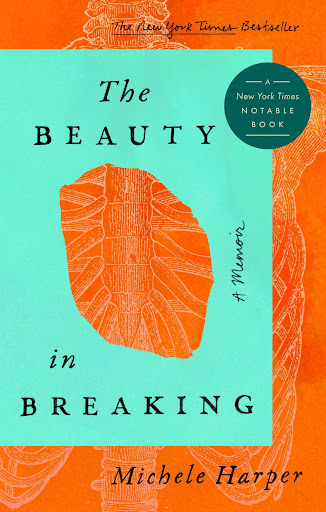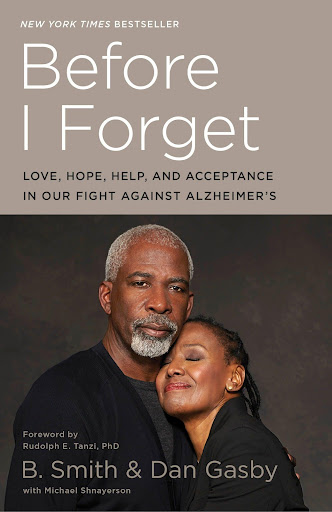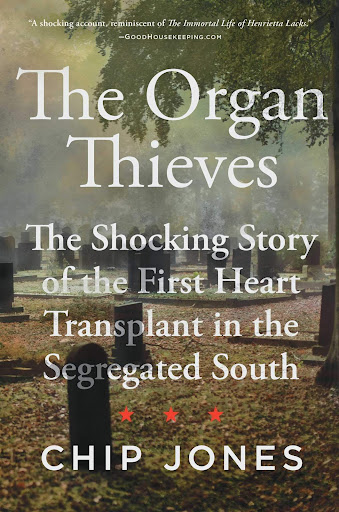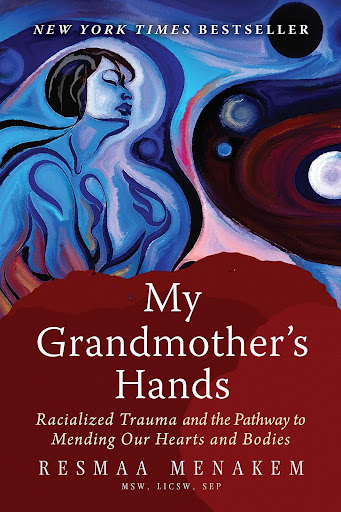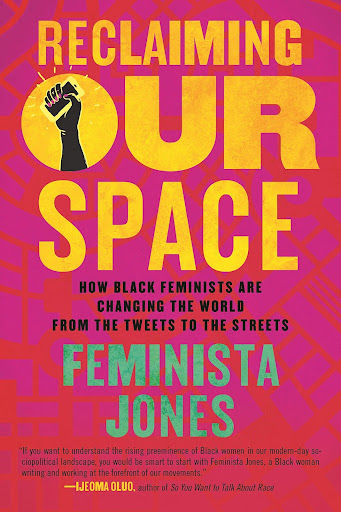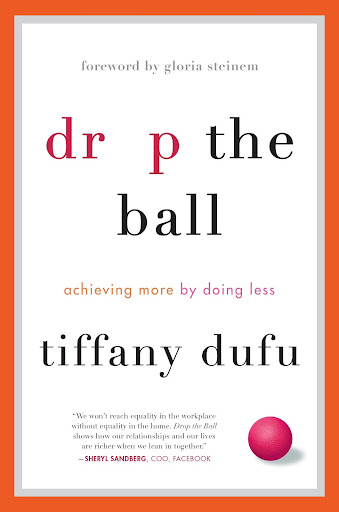Everyone Deserves Health & Wellness
 Processing Request
Processing Request
by Alana LaBeaf
The theme of Black History Month this year is Health & Wellness, so in this last full week of the month I want to highlight some books in this vein. There are so many directions this topic can go, and I can’t come close to covering them all here, but in the spirit of Black History Month, I am highlighting only materials written by black authors.
If you’re active online, you might have noticed a drawing that went viral recently. A medical student made an anatomical drawing of a pregnant black woman. Why did this simple drawing resonate so deeply? If people don’t see themselves represented in stories, advertisements, pamphlets, informational sources, you name it, then they start to feel that they are devalued; that these things and the institutions they represent are not for them.
But, in this age of self-care and checking in with your emotions, it is important to note that this right belongs to all of us. And if you’re a person who faces institutionalized racism, then your need for self-care and basic health care is particularly pressing. If you are one of these people, then this list is for you. If you don’t face the horror of racism on a daily basis, this list is for you, too. Learn about the historical wrongs so we can avoid repeating them, and learn about yoga, feminism, cooking, and more from a different lens.
Is food your favorite means of self-care? If so, then Jubilee: Recipes From Two Centuries of African American Cooking by Toni Tipton-Martin might be for you. Not only will you get delicious recipes, but you will also get an overview of the history of black cooking in America.
I couldn’t call myself a librarian if I didn’t believe in the power of books as a means for self-care. If you crave a literary escape as well, check out Well-Read Black Girl: Finding Our Stories, Discovering Ourselves: an Anthology edited by Glory Edim. This collection of essays by famous black authors answers the question: “When did you first see yourself in literature?” The answers are illuminating, and a pleasure that will take every reader back to their early reading memories and the impact they had.
I am not a person who “enjoys” exercising or who feels they fit in with the world of fitness. If this describes you, too, then Every Body Yoga: Let Go Of Fear, Get On the Mat, Love Your Body by Jessamyn Stanley is a nice entry point into this world. Her approach has been described as “body-positive” and “emotionally uplifting,” so this book ticks off both the physical approach to health, as well as the mental.
Speaking of the mental approach to health, You Are Your Best Thing: Vulnerability, Shame Resilience, and the Black Experience: an Anthology edited by Tarana Burke and Brené Brown addresses some of the trauma that is particular to people of color. Everyone has trauma of one form or another from their childhood, and Brené Brown (a white woman) has become famous as a lecturer on this topic. Her friend and the founder of the Me Too movement, Tarana Burke, loved Brown’s message, but didn’t find that many of her examples reflected her own experiences. So, together, they edited this collection of essays, written by people of color, so that they too could see themselves in the examples and face their trauma head on.
For a slightly different approach to trauma, check out this memoir written by an African American ER physician, The Beauty in Breaking by Michele Harper. Harper discusses the physical and emotional trauma she encounters on a daily basis, and weaves in her own spiritual journey as a black female doctor in a predominantly white male field.
Before I Forget: Love, Hope, Help, and Acceptance in Our Fight Against Alzheimer’s by B. Smith and Dan Gasby is a moving memoir written by a couple and their experiences after B. Smith’s diagnosis of Early Onset Alzheimer’s. This poignant memoir is a gift that the now late B. Smith left for anyone struggling with this diagnosis, which afflicts someone new every 67 seconds.
If you’ve never heard of medical racism then The Organ Thieves: The Shocking Story Of the First Heart Transplant in the Segregated South by Charles Jones will help shed some light on it for you. Be ready to be infuriated as you read about Bruce Tucker, a black man who went into a research hospital in 1968 (yes, 1968!) with a head injury, but whose heart was transplanted into a white man without his family’s knowledge. The book also touches on the 100+ years of medical racism experienced by black Americans that preceded this case.
Therapist Resmaa Menakem, author of My Grandmother's Hands: Racialized Trauma and the Pathway to Mending Our Hearts and Bodies, takes a look at how racism affects both the mind and the body, for both white people and black people. His is a novel approach for how to tackle this national issue.
If you are a person who handles upsetting social ills with activism, then Feminista Jones’ Reclaiming Our Space: How Black Feminists are Changing the World From the Tweets to the Streets will serve as both a call to action and – through her fierceness and optimism – a salve for the wounds black women face. A needed treaty in the realm of feminism, which has marginalized black voices for far too long.
The Pandemic forced a lot of people to re-prioritize, but Tiffany Dufu was doing this years before in Drop The Ball: Achieving More By Doing Less. In it, she lays out how she – a workaholic – came to establish a healthier work/life balance. Not only for women in the workforce; this is a necessary book for men and other partners who want to learn how the division of labor at home plays a role in the health of the home.
Alana LaBeaf is the Information and Outreach Services Coordinator for the Fond du Lac Public Library.

